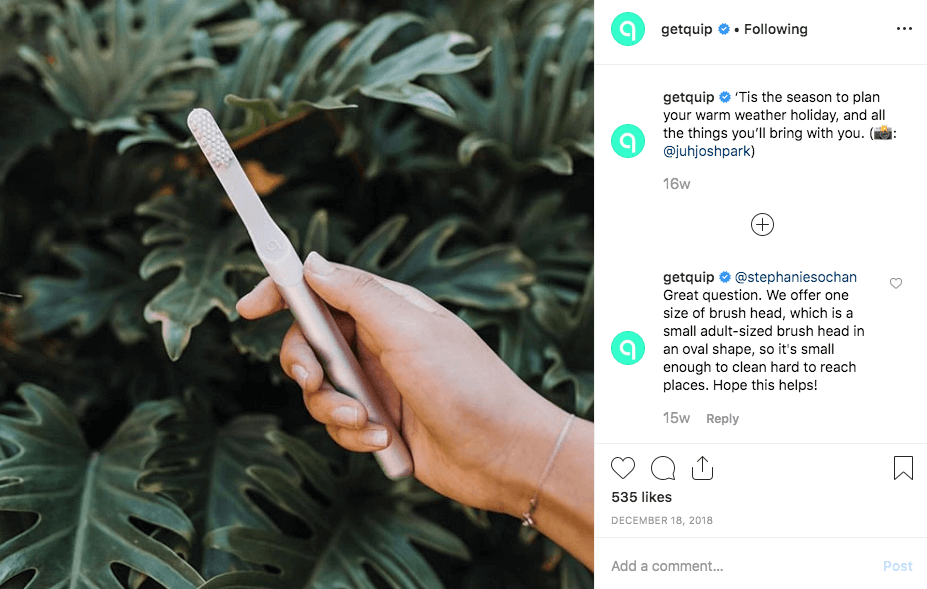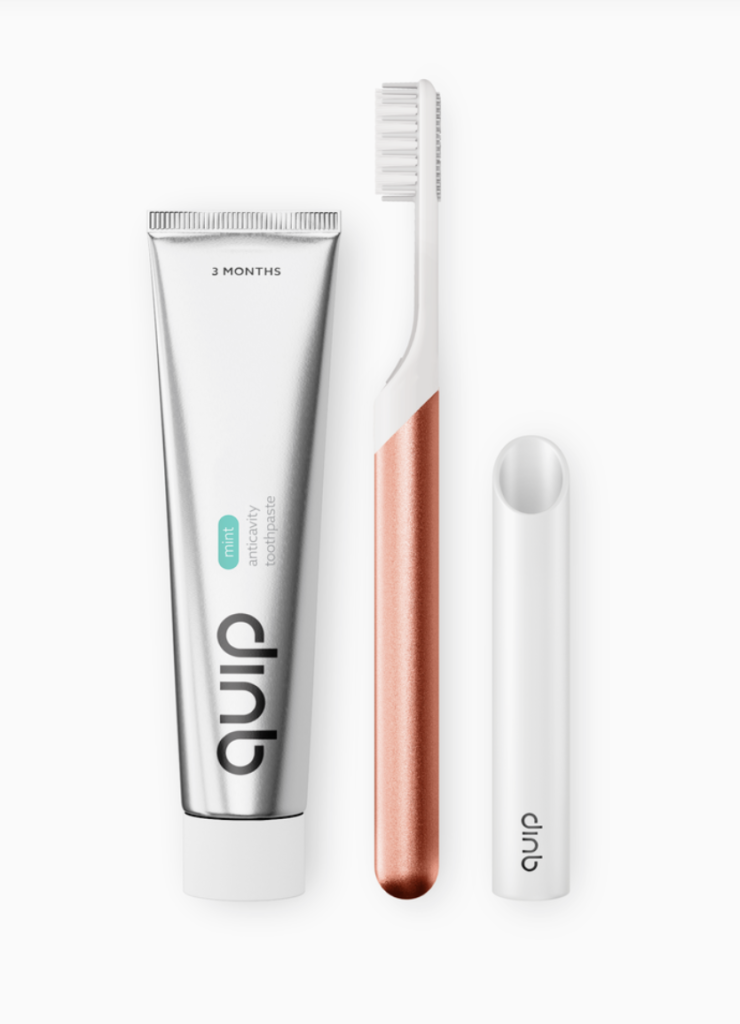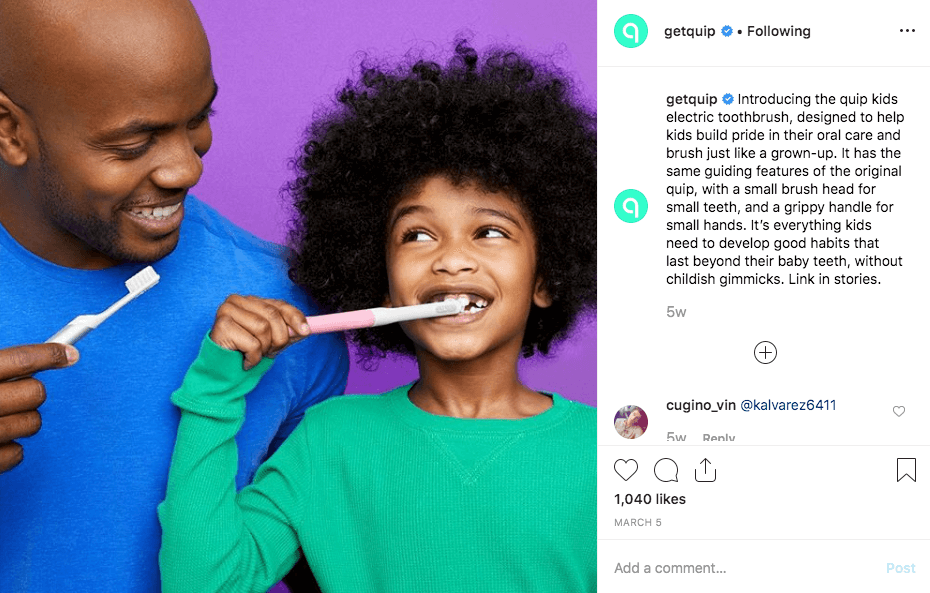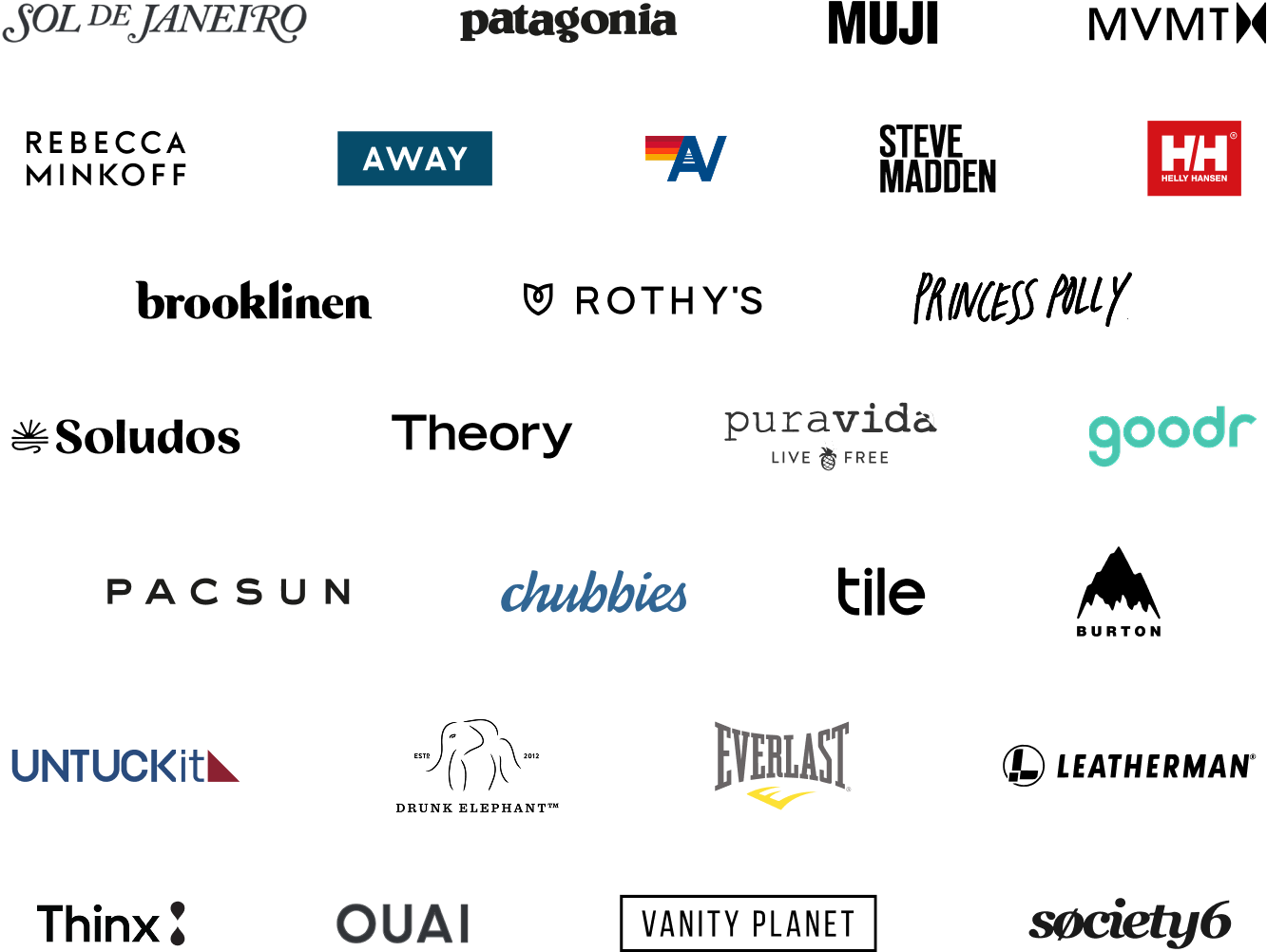Building Loyalty into Your Business Model
More and more brands are turning to subscription models to offer more value to customers. In this lesson, find out how to build an engaged community of subscribers around your product.
 D2C Marketing Course
D2C Marketing Course
More and more brands are turning to subscription models to offer more value to customers. In this lesson, find out how to build an engaged community of subscribers around your product.
Your information will be treated in accordance with our Privacy Policy
In this lesson, find out how to build an engaged community of subscribers around your product.
Subscription models can be really impactful for some brands and less so for others — it differs so much by product. You should start with user testing and gathering feedback, even on the individual level, with friends and family to start off. The goal here is understanding people’s behaviors with your product type: how often they replace or replenish it, how often they jump between brands, etc. For example, there are some products that people buy once a week or once a month, but there’s not a lot of brand loyalty, so that might not be the right place for a subscription model, despite the frequency of purchase.
You also want to look at statistics and broader consumer behavior. For us at quip, it was easy to see the health need for our product: on average, people replace their brush or brush head every nine months, but dentists say it should be every three months for effectiveness. So, it’s about gathering data points like this to understand what makes the most sense for your product.

One of the key pieces of a subscription model is that it creates a relationship between brand and customer. For the brand, it allows you to create community and have a consistent touchpoint with your customers. And on the customer side of things, it allows for the convenience of not having to think about an element of your routine.
In our case, the whole ecosystem and experience of keeping up with your oral health was lacking the resources and motivation to assist people in doing the basics. From the get-go, we focused on creating awareness around oral health in an accessible way that gets people interested and excited — from the design of the brush itself to educational materials, and more.
At times, with brands that operate a subscription service, you might assume that there’s a built-in community. Because of that assumption, it can be easy for brands not to invest in actually building and fostering something that adds value for subscribers beyond the product.

Since a lot of the products and services that exist in our industry haven’t historically been super inspiring, we’ve focused on adding value through design, conversation, approachability, and accessibility to every aspect of oral health, from brushing your teeth to visiting the dentist.
Our community of subscribers is starting to brush more frequently now that they have a brush they like. They also get an email newsletter from us with educational material presented in a really engaging way, so suddenly, they’re thinking things like, “Should I brush before or after breakfast? I never thought about that.” And here are these dental experts talking about it in a way that is actually interesting to read and isn’t laden with clinical jargon. Then, the brush refill every three months creates yet another touchpoint. The result is a cycle of communication that really helps improve our subscribers’ oral care behaviors and gives them value well beyond the product itself.
If you don’t provide this sort of experience for subscribers, it opens the door for somebody else to create a similar product and to sell it in a different way that creates more of a connection with customers.
As a subscription-based brand seeking growth, it’s critical to make sure that the product, service, and overall experience are consistently improved and changed based on feedback. For quip, our messaging, our packaging, and even elements of our product changed significantly based on early member feedback.

One of the upsides of being a direct-to-consumer brand is having that connection with your customers that allows you to easily learn what they like or don’t like about your products and experience. Your engagement with your community can only be impactful if you really listen to and understand those opinions and the reasons behind them. When we look back at our welcome series, for example, the difference from when we started until now is staggering, but that was all part of the process of creating content that our customers actually enjoy reading.
Your information will be treated in accordance with our Privacy Policy

This will take just a moment…We're finding the right person on our team to help your brand!
“Yotpo is a fundamental part of our recommended tech stack.”
 Laura Doonin, Commercial Director
Laura Doonin, Commercial Director










 Join a free demo, personalized to fit your needs
Join a free demo, personalized to fit your needs